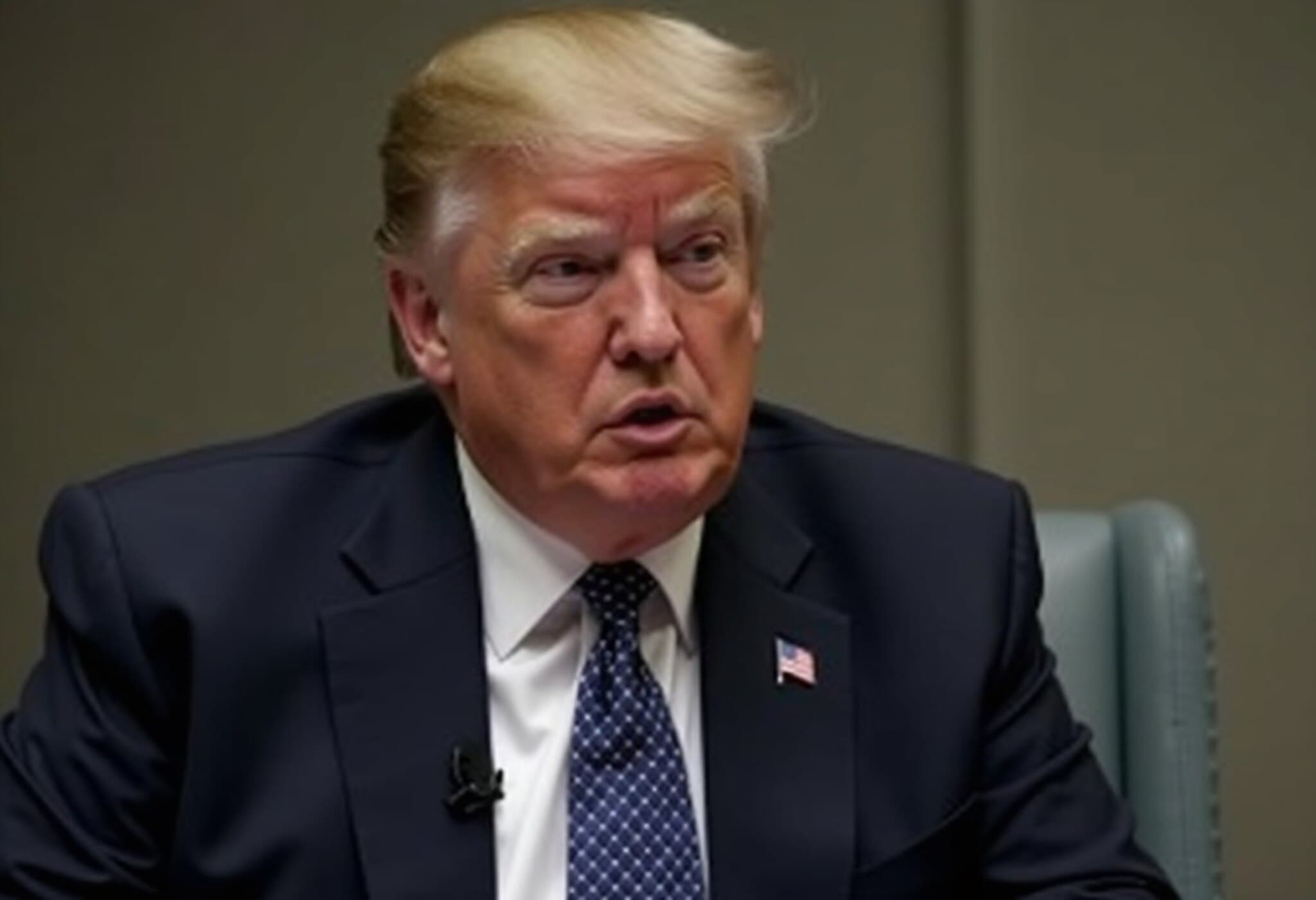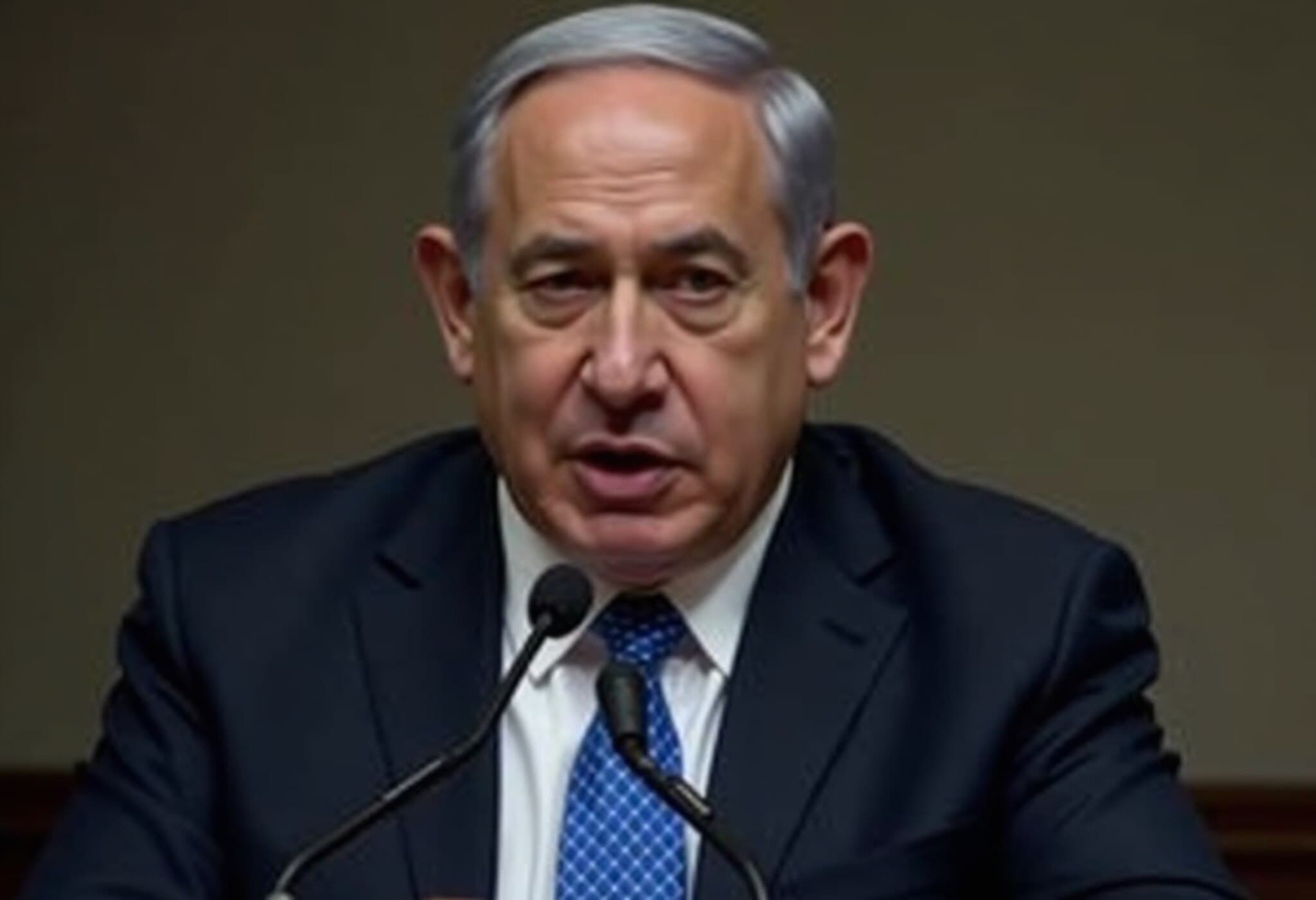Trump Vows to Intervene for Afghan Refugees in UAE Amid Deportation Threats
Former US President Donald Trump has publicly committed to intervening to help Afghan refugees currently detained in the United Arab Emirates (UAE). These individuals fled Afghanistan following the Taliban’s takeover in 2021 and now face the possibility of being forcibly returned to their homeland, raising urgent humanitarian concerns.
Background: Afghan Refugees in UAE and International Response
After the chaotic US withdrawal from Kabul in 2021, the UAE agreed to provisionally shelter thousands of Afghan evacuees. Many of these refugees remain stranded in legal uncertainty, living in a state of limbo far from home. While Canada took in roughly 1,000 refugees in 2022 under US request, the majority remain in the Gulf, their futures precarious.
A report initially spotlighted by the outlet Just the News suggested that UAE officials might hand over some of these refugees to the Taliban. Reuters, while referencing this claim, has not independently verified it. Regardless, the prospect of forced repatriation has ignited alarm within international human rights circles.
The Trump Administration’s Contradictory Stance
Trump’s pledge to "try to save them, starting right now," posted on his social media platform Truth Social, contrasts with policies enacted during his 2017-2021 administration. His government ended special protections for numerous Afghans as of April 2021 and initially halted refugee resettlement programs shortly after he took office.
This juxtaposition spotlights a broader tension: the US's responsibility towards Afghan wartime allies versus restrictive immigration policies that have complicated refugee resettlement. Nearly 200,000 Afghans were brought to the US during prior administrations, but policy shifts have curtailed new admissions and processing.
Global Responses to Afghan Refugee Crises
- Neighboring countries, including Iran and Pakistan, have seen the return of nearly 2 million Afghans in the past seven months.
- Germany recently deported 81 Afghan men, signaling a tightening of asylum policies in parts of Europe.
- Several European nations are reassessing their immigration approaches amid political pressures.
These developments raise critical humanitarian questions about the safety and rights of Afghan refugees worldwide, especially those vulnerable to Taliban reprisals.
Human Stories and Advocacy Voices
Those trapped in the UAE include diverse groups:
- Afghans who worked alongside US forces during the two-decade conflict.
- Children separated from their parents during evacuations.
- Families of Afghan-Americans who served in the US military.
Shawn VanDiver, president of the advocacy organization #AfghanEvac, urged Trump and authorities to take decisive steps: “President Trump has the authority to do the right thing. He should instruct the Department of Homeland Security and the State Department to expedite processing, foster partnerships with third countries, and ensure we never abandon our wartime allies.”
Despite requests, the US State Department has remained silent on this unfolding issue.
Expert Commentary: What’s at Stake for US Foreign and Immigration Policy?
This situation sheds light on a complex intersection of foreign policy, immigration law, and humanitarian responsibility. As a country that engaged deeply in Afghanistan for twenty years, the US faces both moral and strategic imperatives to protect those who aided its mission.
From a policy standpoint:
- Accelerated refugee processing could prevent vulnerable Afghans from falling into Taliban hands.
- Negotiating third-country resettlement options reflects evolving diplomatic strategies in the Gulf and beyond.
- Balancing domestic political concerns with international humanitarian commitments remains a perennial challenge.
The recent pushback against refugee admittance contrasts with America’s traditional role as a refuge for the displaced, especially those connected to US military efforts.
Looking Ahead: The Urgency of Action and Global Responsibility
With millions of Afghans displaced globally, and some nations reversing asylum policies, the international community’s response will significantly impact human lives and the geopolitical landscape.
Trump’s renewed offer to intervene adds a layer of complexity, inviting debate over leadership, accountability, and future US refugee policy. The unfolding situation in the UAE acts as a critical test case for how the world manages the fallout from Afghanistan’s enduring crisis.
Editor’s Note
The plight of Afghan refugees languishing in the UAE highlights a crucial crossroads in humanitarian policy and international obligation. Beyond political rhetoric, the core issue centers on human dignity, safety, and justice for those who risked everything during the US-Afghan conflict.
As global powers recalibrate their refugee policies, the question remains: will nations honor their commitments to those who aided them, or will geopolitical interests overshadow critical human rights? Stakeholders and readers alike should watch this space closely, pushing for transparency and swift, compassionate action.



















